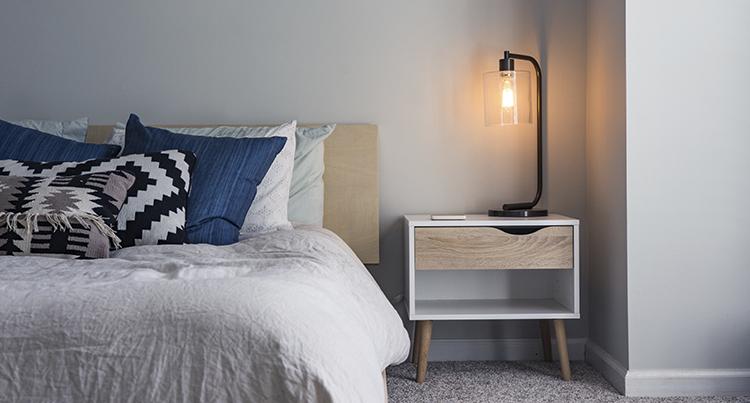When Airbnb hit the market in 2008 it started a revolution on how consumers travel. Now, after 10 years, how consumers choose where and how they stay in a destination has changed, and hotels have noticed. So, how can hotels compete in this rising share economy?

Airbnb got its break in the summer of 2008 when Barack Obama was scheduled to make a speech in Denver. 80,000 people were expected to arrive and there weren’t enough hotel rooms for all of them. The website was finalised two weeks before Obama’s arrival and within a week they had 800 people offering couches, rooms and entire apartments to guests. Today the organisation operates in 100,000 cities and more than 191 countries.
With the rise of the share economy, hotels are now having to adapt to how they entice guests. So, what can they learn from their new competitors?
The share economy
Airbnb is the epitome of the share economy; a socio-economic system built around sharing resources. These products extend a lot further than just room letting. Other popular products include car sharing (not to be misconstrued with ride sharing) with startups like Car Next Door, Flexicar and GoGet Carshare, and office spaces like Creative Spaces and ShareDesk.
Right now, these are the main products available as not much else has reached critical mass but as the population continues to increase so will the plethora of products. For businesses like hotels it means that they aren't just competing with other hotels, they are competing with regular households too.
The rise of Airbnb
The reason why the Airbnb model has gained so much popularity is because it puts the power in the hands of the people. It creates micro-entrepreneurs all over the world. Individuals can set their own prices and standards, and offer their own bed & breakfast experience to their own guests.
Another reason the Airbnb model works so well is because people are much less interested in mass-produced products these days. Guests are searching for unique experiences and want to mingle with real people. This versatility offers enormous appeal. Some of Airbnb’s properties include castles, tree houses, boats and private islands. Each space has a unique host and prices cater for everyone from the shoestring backpacker to the opulent retiree.
The third reason why Airbnb works so well is that guests can visit a location without feeling like tourists. They can interact with locals and get genuine advice on what to see and do without feeling like they are being sold to.
How do hotels compete?
The share economy is not going away. For the hotel owner, the way to stay competitive is to adopt the principles that make the share economy work so well.
- Offer a unique experience. Theme/furnish each room so it is unique.
- Drop the suit. Chat personally with guests. Find out where they are from, why they are visiting and what they want to see.
- Focus on the destination not your hotel. Offer advice on the best things to see and do based on your guest’s unique personality.
- Leverage what you have. If you have a restaurant or a bar then you have something over regular households. Focus on creating a buzz and make it as easy as possible for guests to socialise with other guests. That may mean organising a tour to a winery, paying for an inhouse band… Be creative.
- Learn from hostels. You don’t have to copy them but hostels can teach us a lot about how to create culture and organise events to bring people together. Remember, that you are no longer just a building with beds. Hostels learnt this a long time ago.
- Open a tour desk. Airbnb hosts have separate day jobs. You most likely don’t. Double up as a tour operator and go above and beyond to ensure that your guests are getting the most out of nearby attractions.
Learn from the Airbnb model
Visit airbnb.com.au and study how they conduct business. Find rooms and homes in your local area and read guest comments. What do guests like and dislike?
Stay at your competitors’ places and make note of what they do different. How could you employ these tactics in your business?
After your stay, you’ll see how Airbnb encourages guests to post reviews through a series of auto-responder emails. You’ll notice that they are never intrusive but extremely clever at encouraging guests to be active with reviews (and help their empire grow). Hotels can do this too.
Don’t close your eyes and hope for the best. As Charles Darwin put it, “It is not the strongest of the species that survives, nor the most intelligent. It is the one that is the most adaptable to change.” Learn more at typsy.com.
.png?width=600&name=Typsy%20%20We%20teach%20hospitality%20to%20the%20world%20%20typsy.com%20blog%20banner%20_%20(1).png)
Teach your staff how to provide service with a smile with Typsy's service courses! Sign up today and get the first 10 day's FREE!
You might also like: